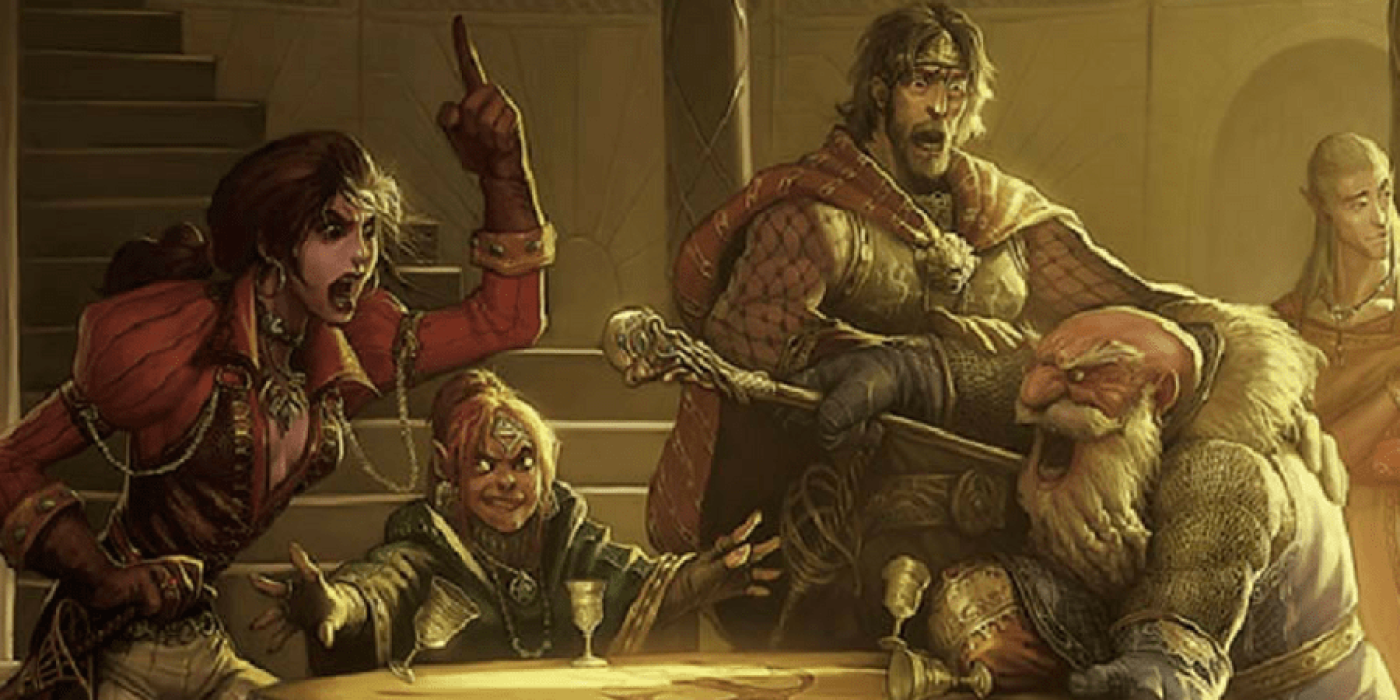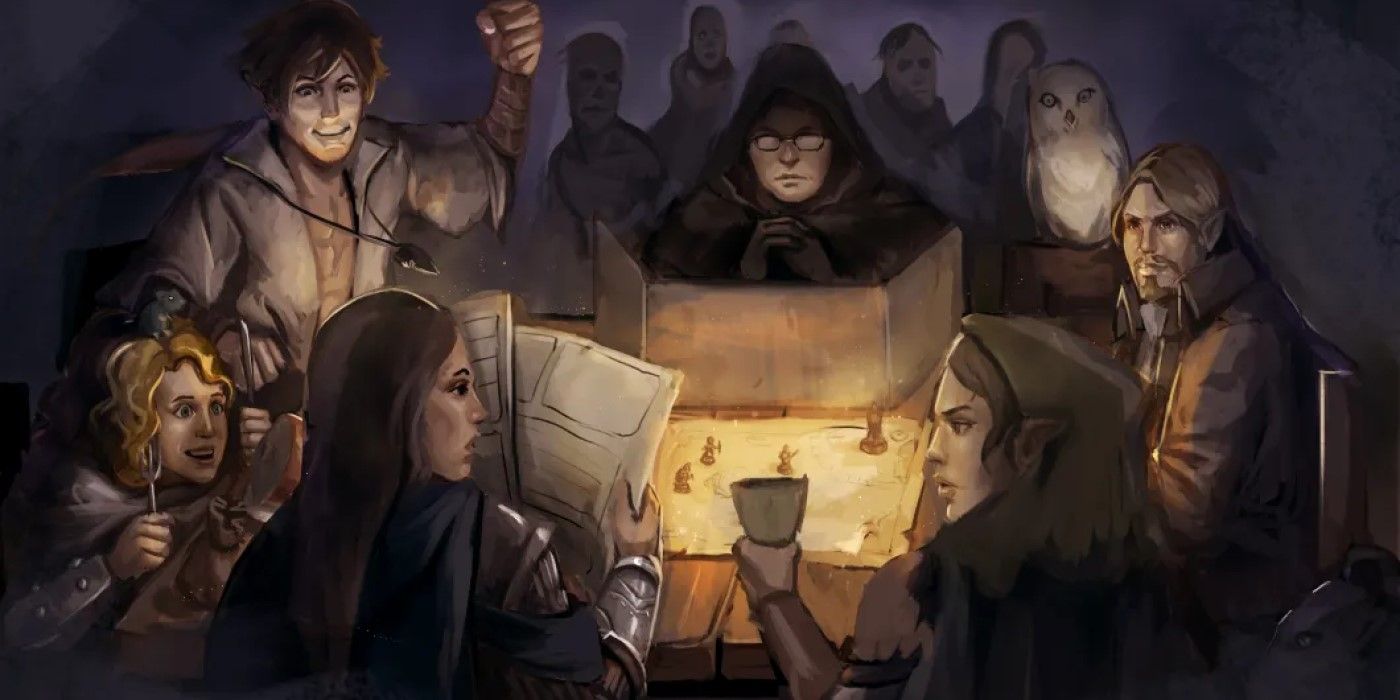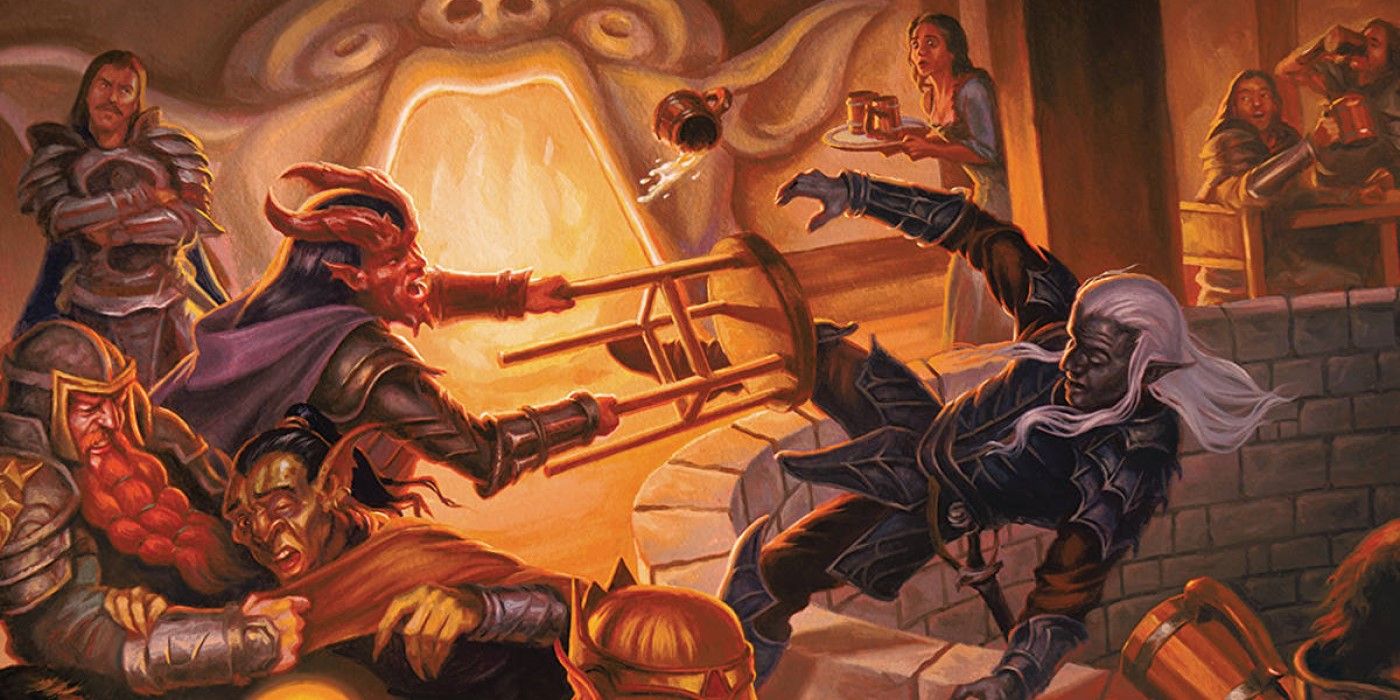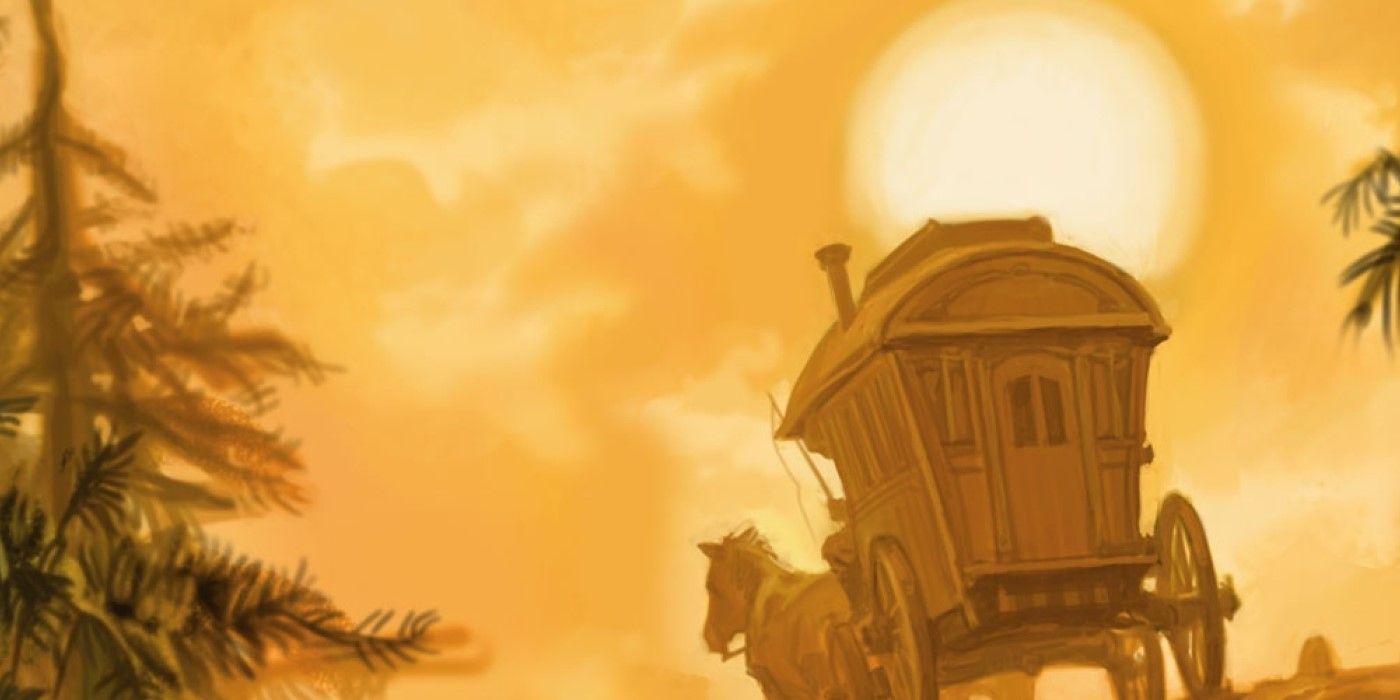
Like any team based activity, most Dungeons & Dragons campaigns will result in at least some conflict arising between players. Most of the time, such conflicts -- such as how to approach a combat encounter or whether or not to trust an NPC -- can be resolved with player discussion or a vote. When they can’t be resolved so easily, though, some players want to engage in combat with one another.
Player-vs-player combat is a double-edged sword. It can be useful, but if used incorrectly, it can really destroy a party's dynamic. Many Dungeon Masters outright ban it at their table, and for good reason. However, there are strategies DMs can use to ensure that PVP goes smoothly or, in instances where it becomes too personal, how to handle it.

The most important thing to bear in mind is that, while an enjoyable hobby, D&D just a game at the end of the day. There will be highs and lows, but even with player disagreements, the game should be fun for everyone. If player conflict starts to get out of hand, it's important to remind the players that actions taken in the game should not be seen as a reflection of the behavior and mannerisms of the people sitting at the table.
Choices made by player characters should not be taken personally, nor should they be made based on real-life conflicts. If players still can't calm down their arguments after this reminder, call for a short break. Taking five minutes away from the table to let everyone take a breather can often douse hot tempers.

Sometimes, players may desire to fight one another in the game to test their mettle. It's up to the DM whether they permit this, but if they do, it's important to lay out some ground rule. For starters, combat between players should never be lethal. Mechanics can generally remain the same, but if a player goes down, declare them immediately stable. Any attacks thrown after that point should be interrupted by the DM to prevent attempts to kill one another. Character death, while an integral part of D&D, should not be at the hands of another player, unless both parties have consented to it.
If players are highly mismatched, such as a high-level Barbarian fighting a low-level Bard, it may be imperative to use a different means of combat from the norm. Instead of making attack rolls and spell rolls, consider having them compete using skill checks that are scaled to their level. For example, the Bard may be required to make a DC 12 Performance check as a kind of stage fighting, while the Barbarian would need to clear a DC 16 Athletics to hold himself back enough that his axe doesn't cleave the poor Bard in two.
With formats like these, one can use the tried and true fencing system. Players have a set number of points to receive by scoring a hit on the opponent, but no damage is truly meant to be done. After a player reaches a set number of points, they win the bout, and combat is over.

Unfortunately, not every player is accepting of a loss in PvP combat. Sometimes, the victor may use it as an excuse to bully the defeated. Whatever the case, it is the role of the DM to ensure players feel safe and welcome at their tables. If a player is being too stubborn, remind them that the decision has been made and they are holding up the game.
If the combat was used to settle a course of action, such as which direction to go down a tunnel, allow the player who lost a choice. Nothing is stopping them from leaving the party on their own. While splitting the party is never ideal, there are lessons to be learned from it. Actions naturally have consequences, and it's okay to let players face these. If those actions result in the death of a player character, so be it. A DM can give as much warning as necessary before it becomes the player’s choice to heed the advice or not.
If the problem continues to escalate, it may, unfortunately, be necessary to ask a player to leave the table. This should never be a Dungeon Master's first option -- only use this if the issues become so great that they start to impact real-life relationships or make others in the group uncomfortable. This should be a last resort, even if the DM is only asking the person to leave for that particular session.
Whatever the result of these conflicts may be, it's best to bear in mind that a Dungeon Master's first priority is the game and the party at large. Small conflicts will inevitably rise up between players. When that happens, be ready. Players look to their DM to settle the table if things get too unruly. It is a role that must be taken seriously, and using these methods will help keep the party happy, safe and cohesive, even when they have conflicts.
Source: Trendz OH
No comments:
Post a Comment